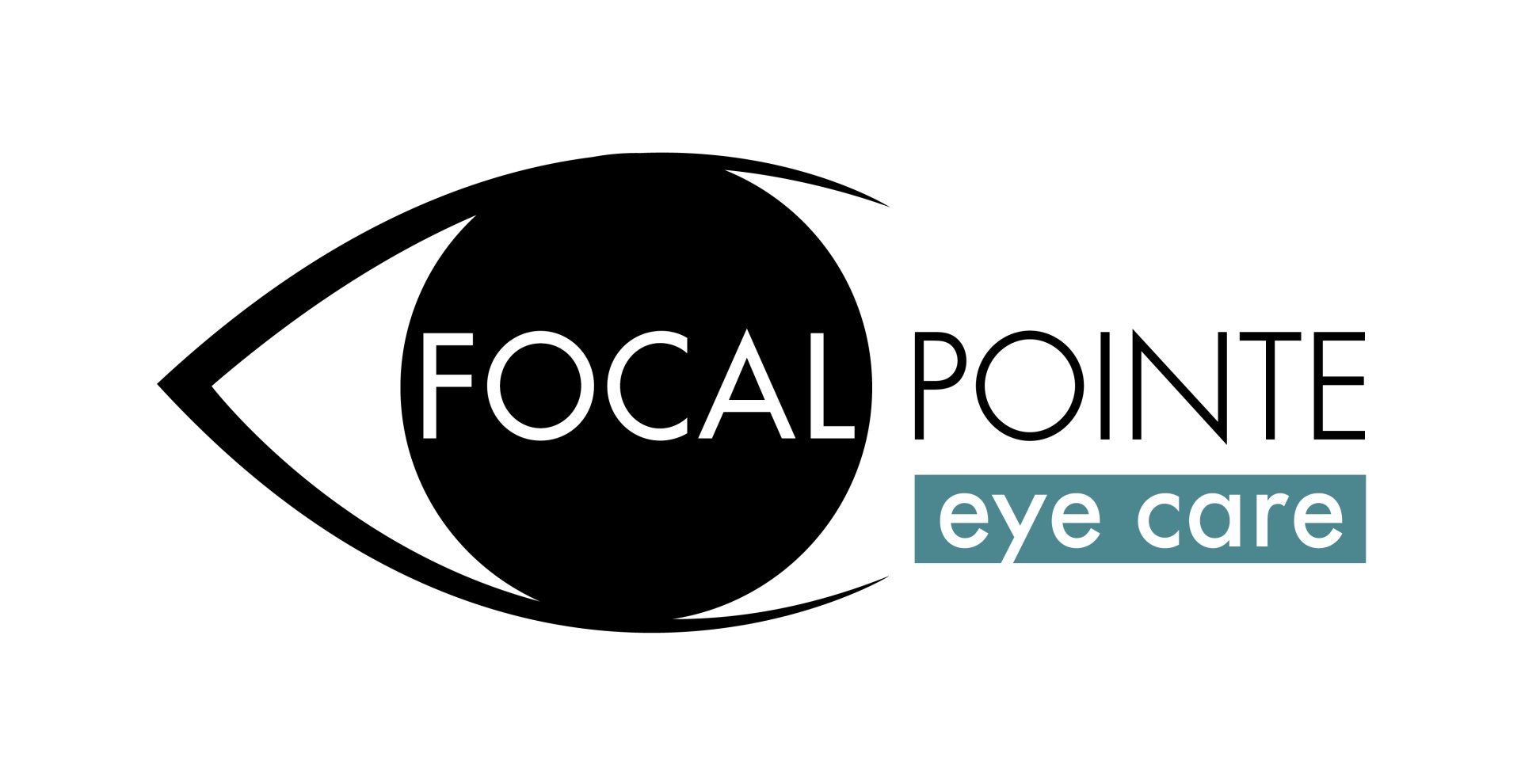
FOCAL POINTE BLOG
Button
The Link Between Diet & Eye Health: How to Improve Your MPOD Naturally
If you’ve had a comprehensive eye examination at Focal Pointe Eye Care, you may have heard the term Macular Pigment Optical Density (MPOD). But what does it mean, and why is it important for your eye health?
What is MPOD?
Macular Pigment Optical Density (MPOD) measures the pigmentation in the macula, the central part of the retina responsible for sharp, detailed vision. This pigmentation plays a crucial role in protecting the eyes from oxidative damage caused by blue light from digital screens and ultraviolet (UV) light from the sun.
The macular pigment is composed of two powerful antioxidants: lutein and zeaxanthin. These carotenoids help defend photoreceptors in the retina, reducing the risk of vision loss from age-related conditions.
Why is MPOD Important?
Higher macular pigment levels offer several benefits, including:
- Improved visual acuity – Helps maintain sharp and detailed vision.
- Enhanced contrast sensitivity – Makes it easier to distinguish objects from their background.
- Better night vision – Improves the ability to see in low-light conditions.
- Faster glare recovery – Reduces the discomfort and visual disruption caused by bright lights.
- Lower risk of Age-Related Macular Degeneration (ARMD) – MPOD levels are an important indicator of ARMD risk.
Since the body does not produce lutein and zeaxanthin naturally, these nutrients must come from diet. Eating the right foods can help maintain and increase macular pigment levels, protecting long-term eye health.
Best Foods for Eye Health
A diet rich in lutein and zeaxanthin can help strengthen the macular pigment and safeguard your vision. Below are some of the best sources of these nutrients:
Top Lutein-Rich Foods
- Leafy greens – Spinach, kale, and broccoli
- Vegetables – Bell peppers, carrots, and corn
- Egg yolks – A bioavailable source of lutein
- Nuts – Pistachios, which a recent study found to significantly improve MPOD levels
Top Zeaxanthin-Rich Foods
- Orange bell peppers – The highest dietary source of zeaxanthin
- Fruits – Kiwi, grapes, and oranges
- Vegetables – Squash, spinach, corn and zucchini
- Egg yolks
Incorporating these foods into your diet can help reduce your risk of vision loss and keep your eyes functioning optimally.
Prioritizing Macular Health
Imagining life without clear, detailed vision is difficult. However, age-related vision decline is preventable with proactive care. A diet rich in lutein and zeaxanthin, combined with regular eye exams, is one of the best ways to protect your eyesight.
If you are curious about your Macular Pigment Optical Density, schedule a comprehensive eye exam at Focal Pointe Eye Care. Our team can assess your MPOD levels and provide personalized recommendations for maintaining healthy vision.
Schedule your eye exam today and take the first step toward long-term eye health.
About the Author
Dr. Megan Fisher is an optometrist at Focal Pointe Eye Care in West Chester, Ohio, dedicated to providing comprehensive eye care for individuals and families.
CONTACT US
GET IN TOUCH
Website Footer Form
Thank you for contacting Focal Pointe Eye Care. A member of our team will review your inquiry and respond to you within one business day.
Contacting us on the weekend? Most inquires receive a response on Monday afternoon.
If your need a faster response, please call us at 513-779-3937 during regular business hours.
If you have an eye emergency, please call our phone number and listen for instructions.
Please try again later
Office Hours:
M: 10:30am-5:00pm
Tu: 9:00am-5:00pm
W: 9:00am-5:00pm
Th: 9:00am-5:00pm
F: 9:00am-3:00pm
